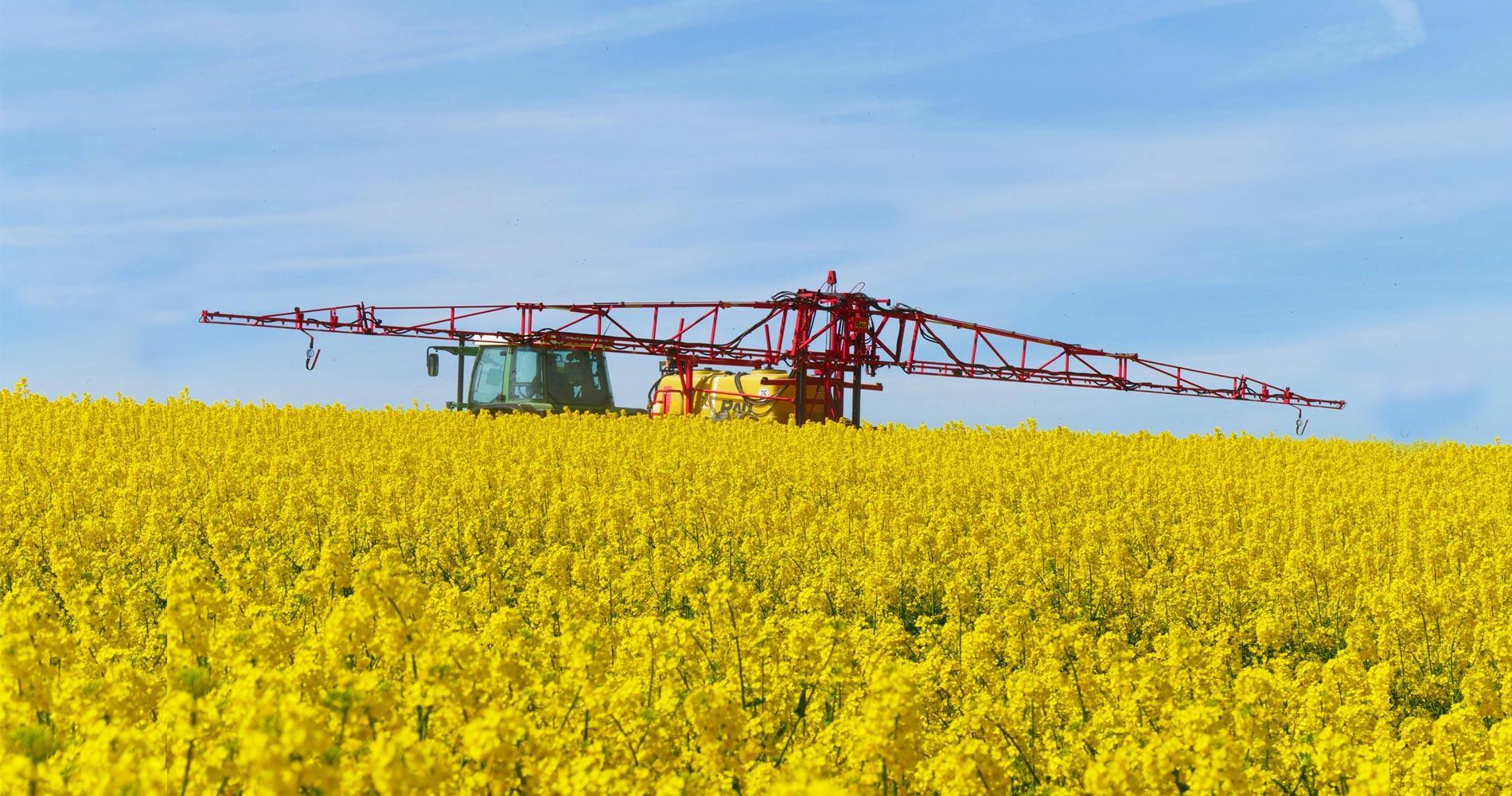Companies that patent seeds claim this is necessary to protect their return on investment, fund further research and create food security. This premise is far from the truth. Intellectual property law is being weaponized to benefit multinational corporations. Seed patenting is driving small farms out of business, threatening global food security and hindering independent research on plant gene mutations.
Yegor Shestunov
22 August 2023
German version | Spanish version
Mark Twain once wrote “a country without a patent office and good patent laws is just a crab and can’t travel any way but sideways and backwards”.
A patent is an exclusive right granted for an invention. It also excludes others from its use. Patents are the cornerstone for inventors to capitalize on their invention. They drive innovation. Arguable were it not for patents multinational corporations would not pour billions into R&D in the hope of a high return on investment.
For a number of years an alarming trend of patenting plant seeds has emerged. The practice has become so widespread, aggressive, and thorough among agrochemical corporations, that it has been labeled biopiracy. Companies like Monsanto make frequent use of courts to defend their seed patents. Since the mid-2000s local farmers from around the world have been sued for damages because of patent infringement.
While patent protection of seeds benefits corporations and fuels research. These laws and regulations also lead to cultural appropriation, disrupt the balance of traditional farming methods and local economies. This in turn results in the loss of traditional knowledge relating to plant cultivation which has been handed down in certain farming communities through generations. Farmers today must fear being sued for infringement of intellectual property rights when planting a seed.
This raises the question if such patents should generally be allowed? And if yes, should they be treated exactly as a patent on other inventions? Is it ethical to jeopardize food security for profit?
Traditionally a patent was for technical inventions. These patents are known as utility or design patents. The US patent and trademark office added a third type, the plant patent, which gives the inventor “additional rights on the “parts” of plants (e.g., a plant patent on an apple variety would include rights on the apples from the plant variety)”. In 1995 US plant patent regulations which limited the distribution of patented hybrid seeds became international law with the TRIPS Agreement (Trade-Related Aspects of Intellectual Property Rights). Farmers are now required to pay royalties on “genetically modified seeds”.
Some of the largest players in this business are the US agrochemical giant Monsanto, the Swiss-based corporation Syngenta, and the French Limagrain conglomerate, which is the fourth largest global seed company accumulating plant patents. BAYER and Corteva (formerly Pioneer Dupont) control over 40% of the global seed market. They own extensive patent portfolios on genetically-modified organism techniques, often referred to as genome-editing. These biotech corporations are now moving to patenting a plant’s genetic mutation that can occur after natural genetic modification, claiming that the self-evolved plants with those genetic traits are their “inventions” and hence, their intellectual property.
According to the ecologist Judith Düesberg from Gen-etisches Netzwerk e.V. “resources that used to be available to mankind as a community have now been confined to privatization.” For many years, transnational companies such as BASF, Syngenta, Corteva, and Bayer have been filing patents on special plant traits. The patents are primarily applied to plants that possess individual gene sequences, such as uncommon disease resistance. Companies that genetically modify seeds, such as Monsanto, patent their seeds. Monsanto argues that upholding patent laws is necessary to guarantee the financing of new inventions.
Patent rights that were originally created to protect inventions such as phones and radios are applied to living material (Bram de Jonge from Oxfam Netherlands). According to de Jonge, the growing number of plant patents threatens farmers’ rights as outlined by the United Nations. They are also a matter of global food security – as the big corporations now decide the future of farming and food. If the ownership of these patents is concentrated in the hands of a few companies, it could lead to a lack of genetic diversity as only a few seeds will be available in order to maximize profitability of global food crops. This in turn will make these seeds more vulnerable to pests, diseases, and changes in climate.
There are international efforts to combat biopiracy such as the Nagoya Protocol on Access and Benefit Sharing (ABS) of 2010. The Protocol was a supplementary agreement to the 1992 Convention on Biological Diversity (CBD) and has been ratified by 136 UN member states and the European Union. While it is a significant step forward, its effectiveness is dependent on how well it is implemented. Notably neither the United States, nor Canada have signed the Protocol. Moreover, bureaucratic hurdles could damage the monitoring and conservation of biodiversity. Some of the parties to the Protocol are also struggling to pass effective national legislation to enforce the Protocol’s provisions. If the rate of new seed patents is a measure of success, the Nagoya Protocol has failed as biopiracy continues at unprecedented speed and scale.
Seed patents hinder independent researchers from developing new hybrid plants which might be more resilient against the effects of climate change. The result is the creation of monopolies on seed rights in the hands of a few multinational agrochemical corporations. This is turn is jeopardizing food security. Should this practice continue, food will become even more expensive and drive many farmers out of business.







